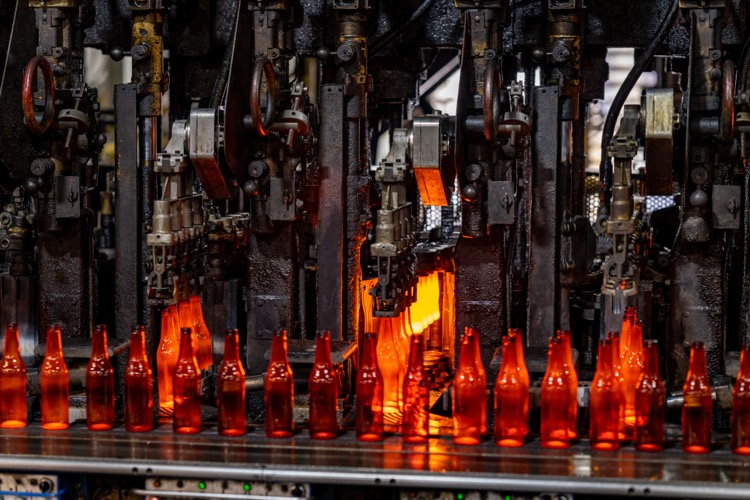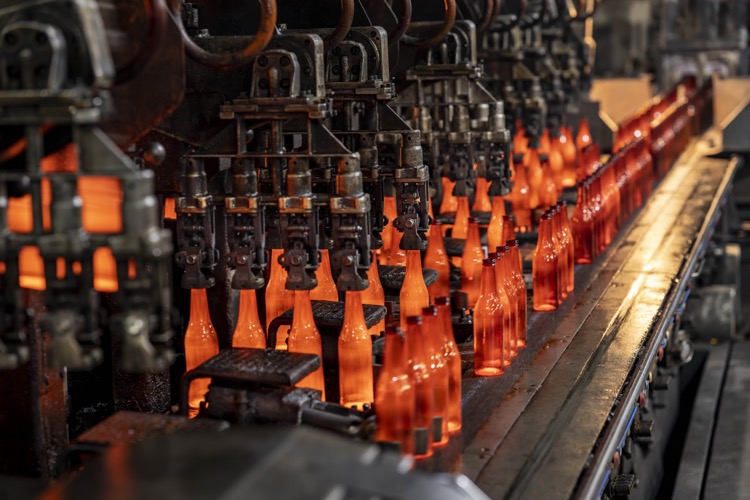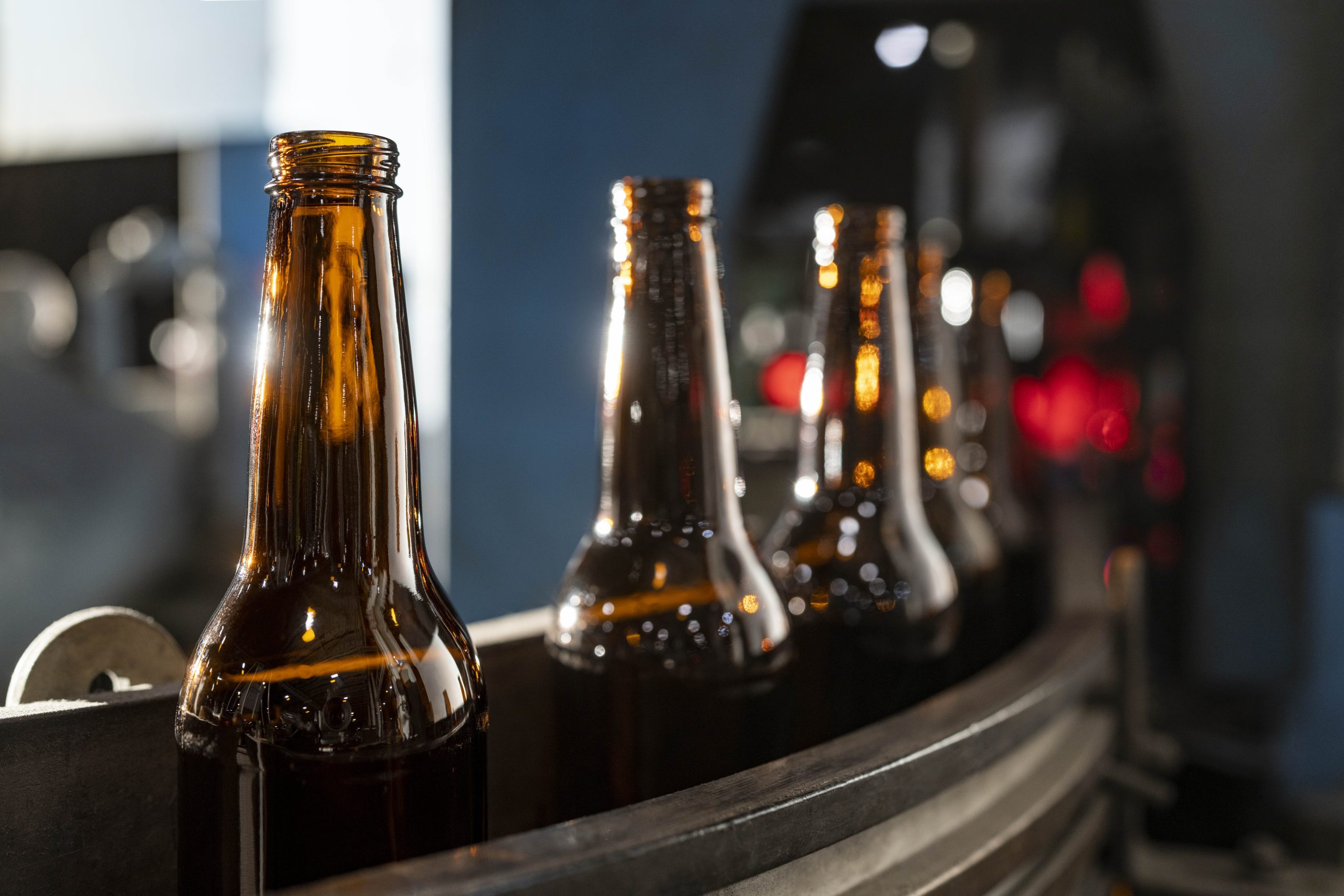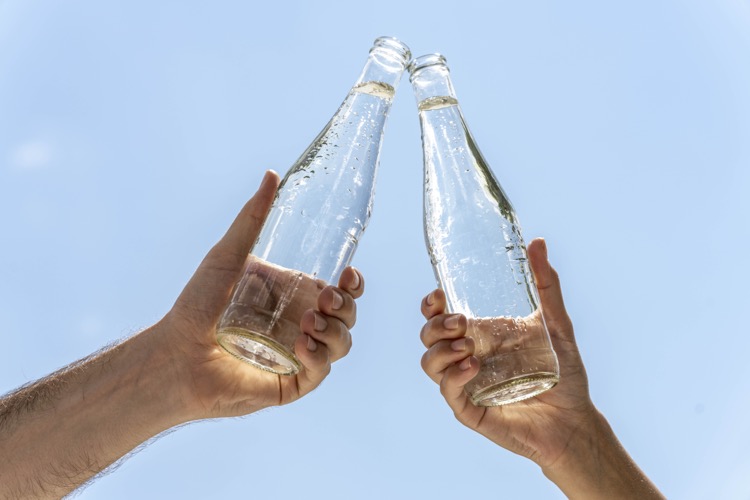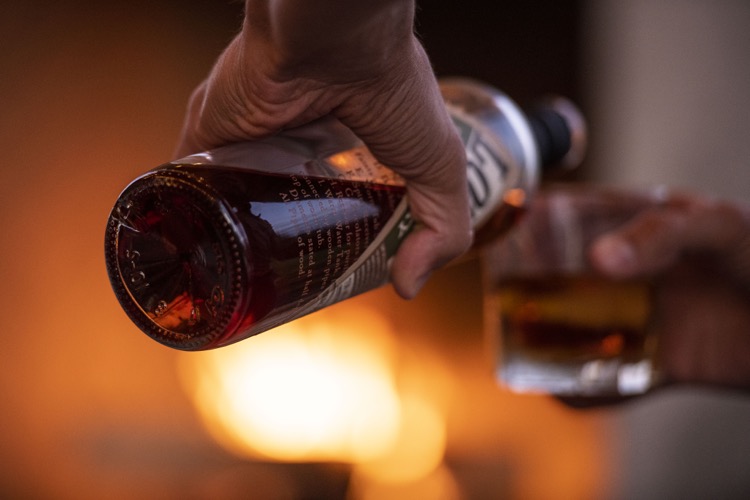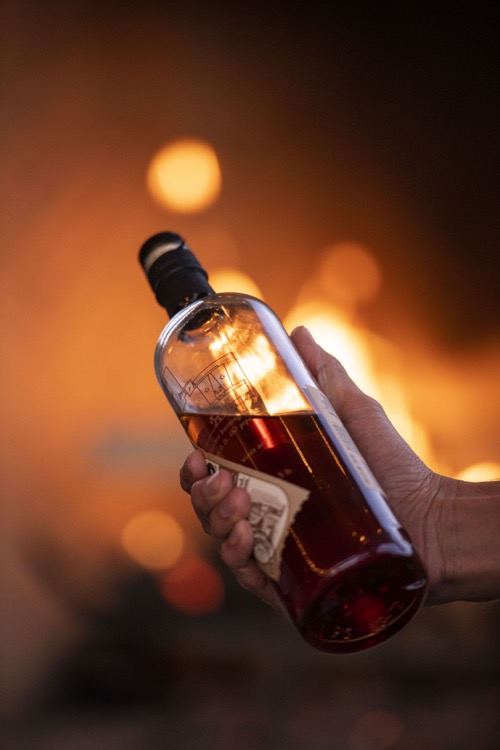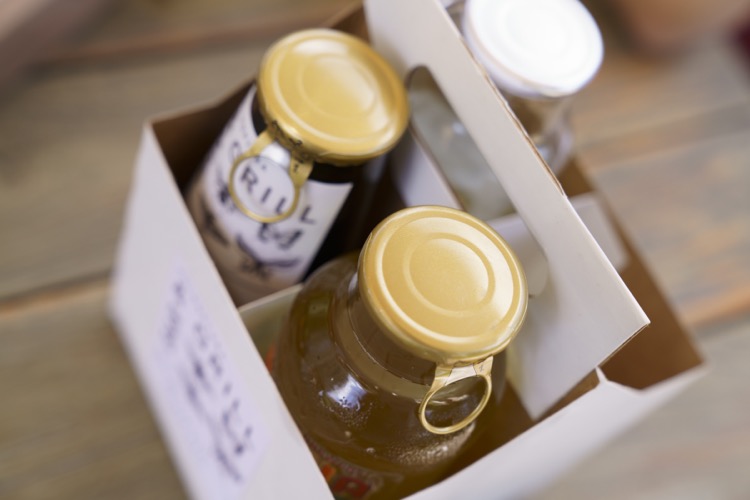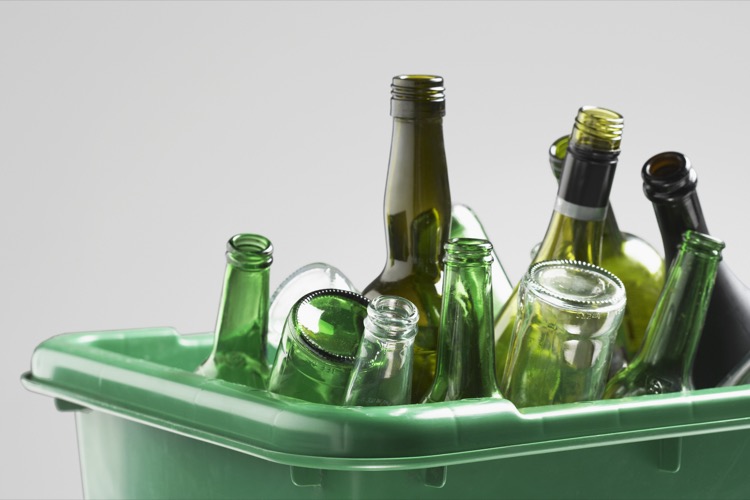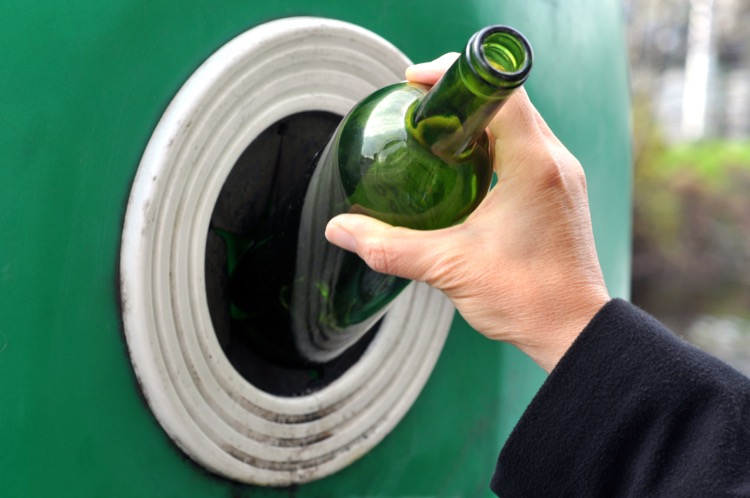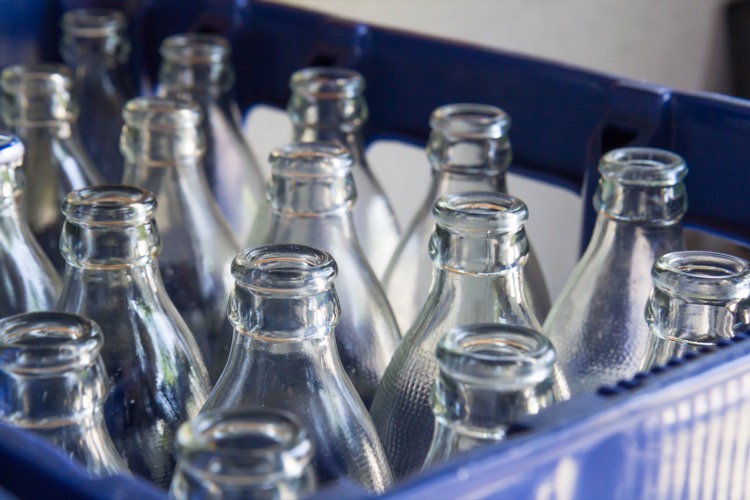Imagine swimming in the ocean, ducking your head beneath the water and seeing a vibrant world of marine life all around you. A beautiful jellyfish floats nearby – only it isn’t a jellyfish. It’s a plastic grocery bag. Now picture hundreds of thousands of plastic grocery bags across the world’s oceans. Now, you have a clearer picture of what the latest International Coastal Cleanup (ICC) found.
The Ocean Conservancy reports volunteers in more than 100 countries collected more than 20 million pounds of trash from the world’s waterways and beaches during the 2019 International Coastal Cleanup. A majority of that trash was made from plastic. Plastic food packaging was a big part of the problem.
Plastic food wrappers were the most-collected item during the International Coastal Cleanup, replacing the previous year’s top find of cigarette butts (which, by the way, have plastic in them). Visualize this: cleanup crews found enough food wrappers to cover 3 acres of the ocean floor! Plastic straws, plastic cups, plastic bags and plastic take-out containers are also among the top 10 items volunteers collected.
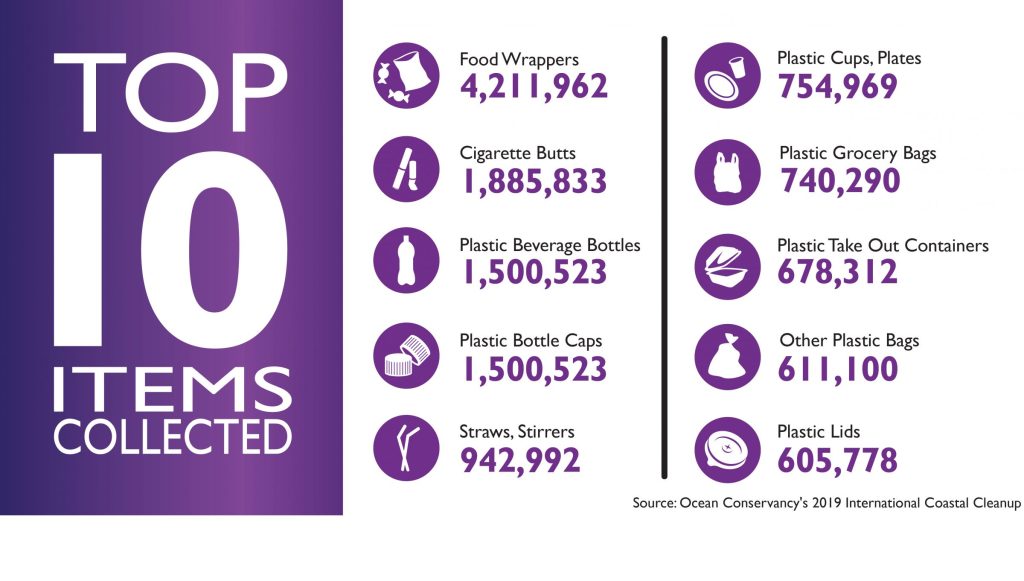
Plastic litter does more than turn Earth’s land and water into an eyesore. Scientists continue to sound the alarm that plastic is polluting human health too. Those plastic food containers? Researchers say chemicals leach from the plastic into the foods we eat, which can harm essential parts of the body over time. Scientists also report finding microplastics are in the very air around us.
Glass packaging is healthier for the environment as well as for us. It’s made with all-natural ingredients–sand, limestone and soda ash–and with post-consumer recycled content. Glass bottles and jars are virtually inert, that means they do not interact with their contents, leaving foods and beverages as pure as they were when they were first bottled. Glass can be infinitely recycled without losing any quality and return as a new glass container.
Plastic simply doesn’t have that lifecycle, and an astounding amount of it is never recycled in the first place.
When you grocery shop, choose items that are packaged in glass. Not only will that baby food be better for your tot, but it’ll taste better, too. The time has come to go plastic-free. The health of our planet – and all its inhabitants, including you – depend on it. Choose glass whenever you can.









